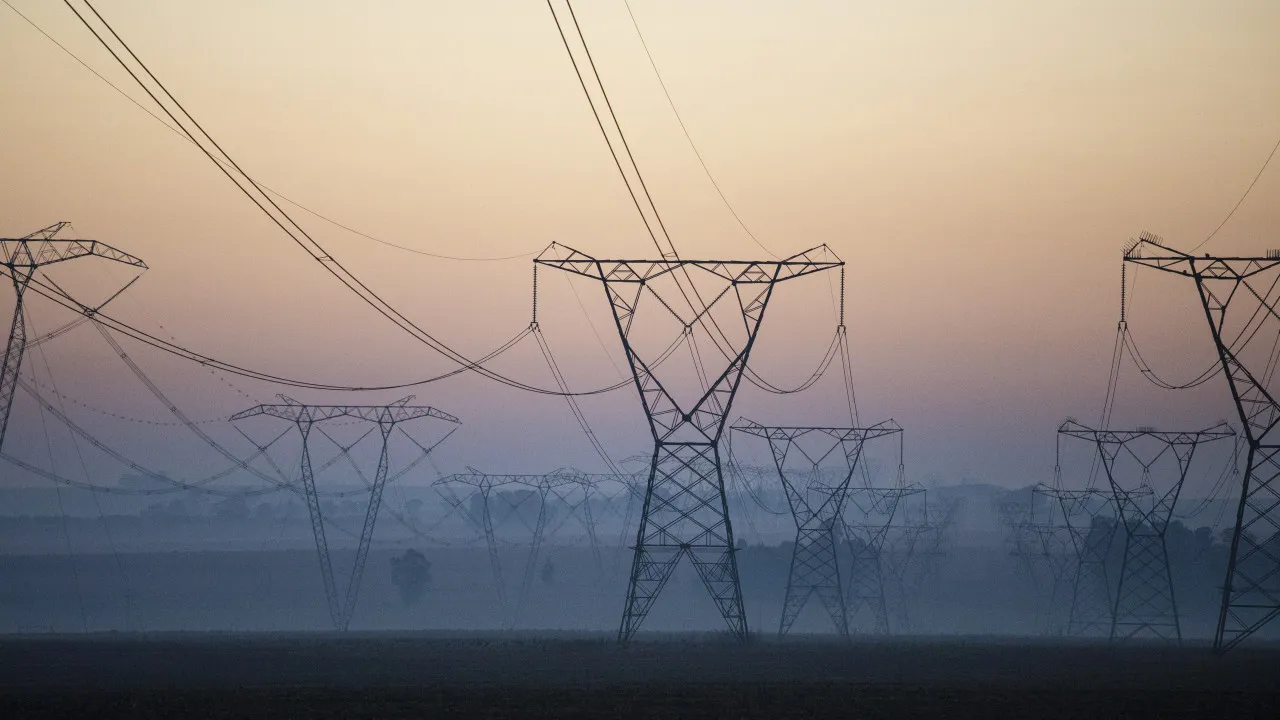
The Spanish energy companies association, Aelec, which includes EDP, Endesa, and Iberdrola, attributed the April blackout to poor management by Spain’s electricity grid operator in controlling voltage fluctuations and overloading.
“The main cause of the electrical outage was a severe failure in the voltage control of the electrical system” due to “poor programming,” as insufficient production facilities were activated by Red Eléctrica (REE), the system operator in Spain, despite having installed capacity and resources, stated association leader Marta Castro at a press conference in Madrid.
Aelec presented the conclusions of a study by “independent technical experts,” titled “Analysis of the Events Leading to the Electrical Outage of April 28, 2025,” which affected the entire Iberian Peninsula, conducted by the consulting firm Compass Lexecon along with INESC TEC – Institute for Systems and Computer Engineering Technology from the Faculty of Engineering of the University of Porto.
Marta Castro stated, after the presentation by two authors from Compass Lexecon, that Aelec fully agrees with the independent experts’ diagnosis and the committee on the blackout established by the Spanish government, holding REE responsible for the collapse.
REE is “the sole responsible party” for ensuring electricity supply security in Spain and “also for controlling voltage levels on the grid,” she emphasized.
“The problem on the 28th was due to Red Eléctrica not activating all available resources at its disposal to prevent voltage fluctuations on the transmission grid, which were registered not only moments before but also in the days and hours preceding the blackout,” stated Marta Castro.
The Aelec leader denied that power plants associated with its member companies shut down inappropriately on April 28 or that there was any failure to comply with obligations by the electricity companies, as was accused last week by REE and suggested by the report from the government-created commission.
Marta Castro also assured that all photovoltaic installations of Aelec’s member companies in the Badajoz area operated normally during and before the blackout and continue to operate, with authorization and at the request of REE.
The government commission and REE’s internal report on the blackout identified a large and unusual oscillation in a photovoltaic unit in the Badajoz area on the day of the blackout, which the Spanish press suggests belongs to Iberdrola.
Aelec’s member companies represent 45% of Spain’s installed generation capacity and 78% of distribution networks, according to information released today.
The Compass Lexecon study is the third to be released in Spain regarding the blackout, after the reports from the government-created committee and REE’s internal report.
“There is a consensus in these reports that the origin of the blackout was a voltage control issue, specifically an overvoltage problem,” said Antón Garcia, one of the authors of the analysis presented today at Aelec.
According to this analysis, there were “significant fluctuations” in the system voltage in the days, hours, and minutes before the blackout, which occurred at 12:33 (11:33 in Lisbon) on April 28.
Moreover, “in previous years” and especially since 2021, “episodes of voltage overload in the electricity transmission grid” have increased due to the greater input of renewables, which, due to the legal and regulatory framework, have neither obligations nor incentives for voltage control, which is the responsibility of other types of technologies (the so-called conventional generation).
Despite the fluctuations and overload in the system in the days before, the “lowest voltage control capacity of the year” was scheduled for April 28, particularly “scarce” in the south of the country, where the blackout began, according to the analysis presented at Aelec’s headquarters.
On that day, there was not “sufficient conventional generation to control the voltage,” and the blackout occurred, the analysis shared with journalists stated.
The study’s authors state that the conclusions are preliminary because “further analysis” requires “additional information” only held by Red Eléctrica.
Nevertheless, they say that regarding the disconnection of production plants, “simultaneous failures without a systemic cause” (the uncontrolled voltage overload) “seem unlikely” and highlight that in the days following the blackout, when more conventional generation was activated, “fluctuations decreased.”
Beyond REE’s programming, the analysis – and Aelec’s leadership – question why, in southwestern Spain, on the morning of the blackout and when there were already high overload levels, hydraulic plants were not activated, which have the capacity to connect to the system quickly, with REE instead opting to request a combined cycle unit, which takes hours to incorporate into the grid and could not be active before the collapse.
Last week, in a statement, Aelec already assured that sector companies complied with all legal obligations on the day of the blackout.
The day before, the Spanish government presented the conclusions of the investigation commission it established to determine the causes of the blackout and revealed that the electrical collapse was due to a “combination of factors” that caused high voltage overload that the system was unable to control or absorb, despite having sufficient response infrastructure.
The government attributed responsibilities to “poor planning” by Red Eléctrica de España and failures in the response required of energy-producing companies, with suspicions of non-compliance with protocols for voltage overload situations.
Meanwhile, Red Eléctrica attributed the blackout to non-compliance with obligations by energy-producing companies but rejected accusations of “poor planning.”




